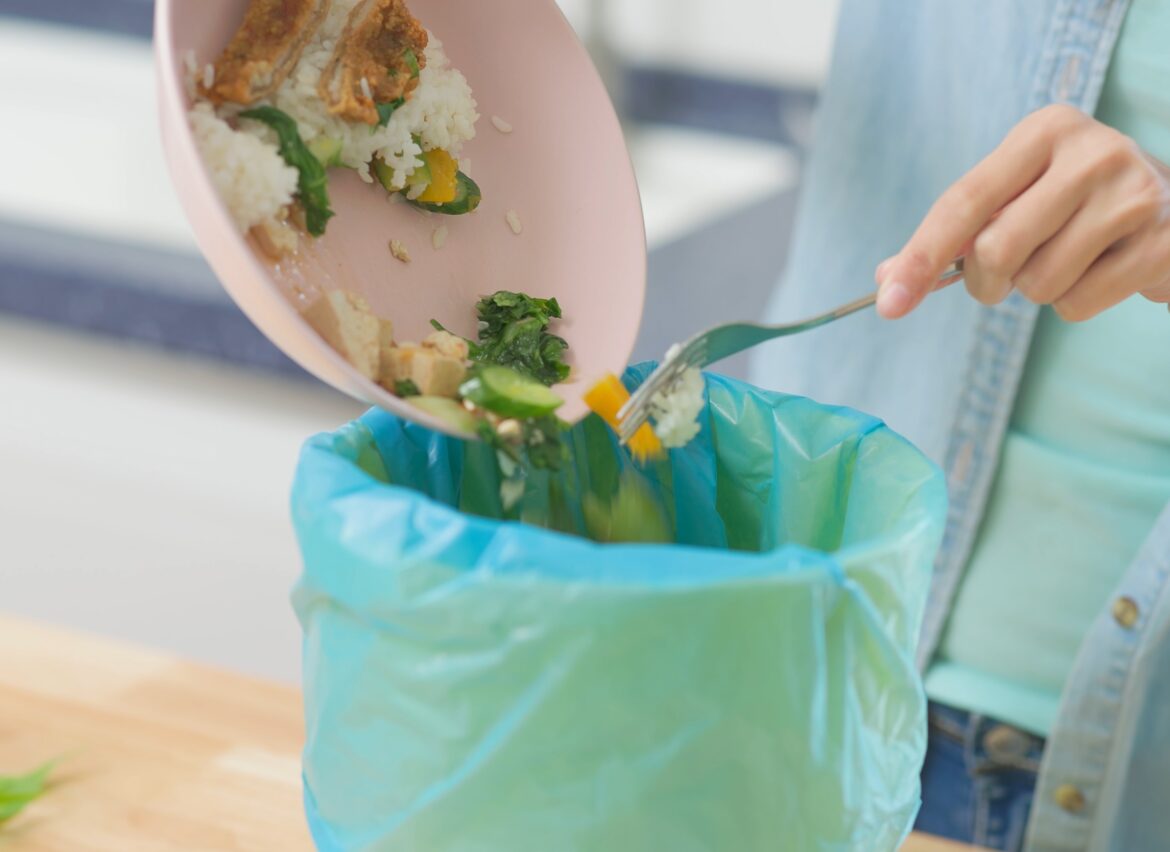A new survey has revealed that retailers are taking steps to reduce household food waste, but that more needs to be done.
WRAP’S latest Retail Survey has found that actions are being taken on how food is labelled by retailers and brands to help people avoid food waste happening at home.
However, with COP27 fresh in people’s minds, the climate action NGO has also warned that more needs to be done to help curb the impact the UK’s food waste is having on climate change.
To help reduce food waste further and faster, WRAP’s Retail Survey assessed actions against best practice guidance developed by WRAP, in association with the Food Standards Agency and Defra. It estimates these changes could reduce household food waste by at least 350,000 tonnes per year, if fully implemented. The survey analysed practices across the eleven major UK retailers, and reviewed progress since the NGO’s last assessment in 2019. Focus was given to date label
application, the use of ‘open life’ (‘best within x days of opening’), storage advice and freezing, defrosting and use advice.
Catherine David, Director of Collaboration and Change at WRAP, explained: “With cost-of-living and food prices rising, it’s never been more important to help people avoid costly food waste, which for many families can top £730 a year. How
food is sold and labelled can have a huge influence in helping people better manage food at home.
“Excellent progress has been made in some areas while there is still lots of work to be done elsewhere. The last few years have been unprecedented for businesses, but it is crucial that we see more high-impact changes implemented.”
WRAP has identified a string of positive trends in its 2021 Retail Survey that can help address common causes of food waste in the home. WRAP has also outlined areas where improvements are required and fed back to the UK’s largest retailers where more work is required on their shelves. The best practice can be used on all types of products but the Retail Survey focusses on items that are most-wasted in our homes – including fruit and vegetables, meat, dairy and bread.


